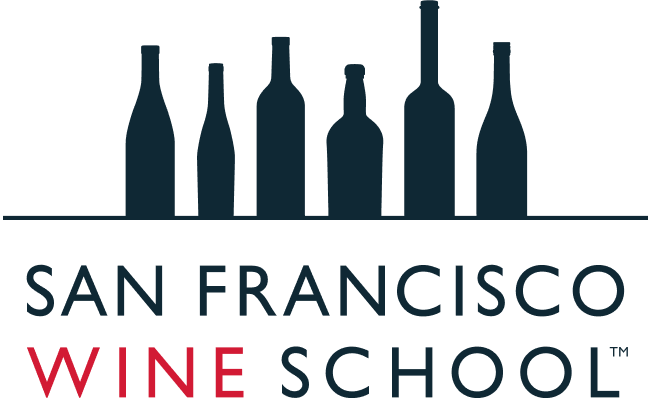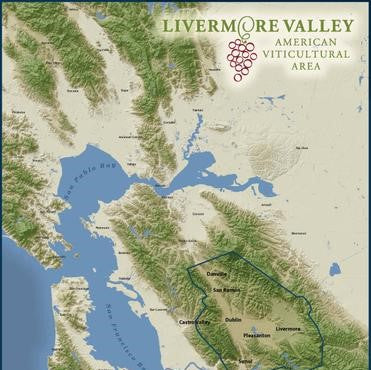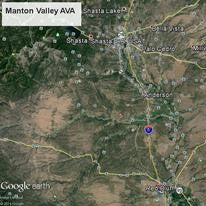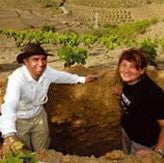The Livermore Valley AVA located in the East San Francisco Bay Area. Map courtesy of the Livermore Valley Winegrowers Association.
Livermore Valley was once one of California’s prime sources of grapes. In 1882, Charles Wetmore planted cuttings of Sauvignon Blanc and Semillon from Chateau d’Yquem in his Cresta Blanca Vineyard. The 1884 Cresta Blanca made from these grapes won the Grand Prize at the 1889 Paris Expo, becoming the first American wine ever to win a prize in France. More recently, Hugh Johnson wrote about what a prime spot this valley was for Sauvignon Blanc due to its well-drained, gravelly limestone soil, similar to what is found in Bordeaux. The gravel, comprised of egg-sized stones deposited from rushing waters in now dry arroyos are easily visible. Along Tesla Road, they are as large as a melon or a basketball.
Yet with all of this early recognition, the potential of Livermore Valley wines has not been fully realized. A major challenge has been the fact that like Silicon Valley, much of Livermore Valley transitioned rapidly from rural ranchland to housing developments and strip malls. And like the Santa Cruz Mountains, many wine producers turned to Monterey County for fruit once their vineyards were gone. Today however there are 4,000 vineyard acres planted here.
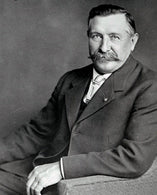
Livermore is a wide spot in a long chain of identical valleys running N-S behind the East Bay Hills, and is the warmest valley from Southern Monterey to San Francisco. Marine influence is mostly blocked by the East Bay Hills and the Santa Cruz Mountains so the days are warm, but gaps in the hills allow evening cooling with fog from the San Francisco Bay and the Pacific. The Altamont Ridge blocks much of the San Joaquin Valley heat. Harvest starts and ends later than it does in Napa Valley, and there is less rainfall. Livermore is cooler than the northernmost points in Napa Valley.
Carolyn Wente pioneered the San Francisco Bay AVA to help the area gain worldwide recognition, which did help in export markets, but Livermore Valley only now is trying to earn a reputation as a truly fine wine destination. Joining Amador and San Ramon in the “Visit Tri-Valley California” marketing group has helped draw attention to the fact it is only 33 miles from San Francisco. This should help drive folks to tasting rooms and wineries. But what would help even more would be a focus on terroir, on specific vineyards, and perhaps a tendency towards a couple of varietals at which they excel. On that list, I would definitely include Sauvignon Blanc.
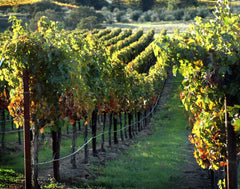
One of the prized Livermore Valley vineyards, Steven Kent’s Ghielmetti Vineyard, produces tremendous Sauvignon Blanc.
I asked respected wine writer and educator Fred Swan, owner of NorCal Wines, to comment on the local Sauvignon Blancs. He said, “My favorites, aside from Steven Kent and not in order of preference as that changes from vintage to vintage, are Wente Louis Mel, Murrietta’s Well Los Tesoros (which also comes from the Louis Mel vineyard, but is small production at just 8 barrels), Concannon Reserve Assemblage Blanc (a blend of Sauvignon Blanc and Semillon), and Occasio Winery Del Arroyo Vineyard.”

Master Sommelier Catherine Fallis
See more and read Catherine’s tasting notes at: http://www.sauvblanc.org/sauvignon-blanc-regional-tasting-profile-livermore-valley/#sthash.pbKnPiIK.dpuf
Learn more about California Wine in our Introduction to California Wine Workshop.
Check out our full schedule of programs, workshops and public events. Private, customized experiences and corporate training is also available.
